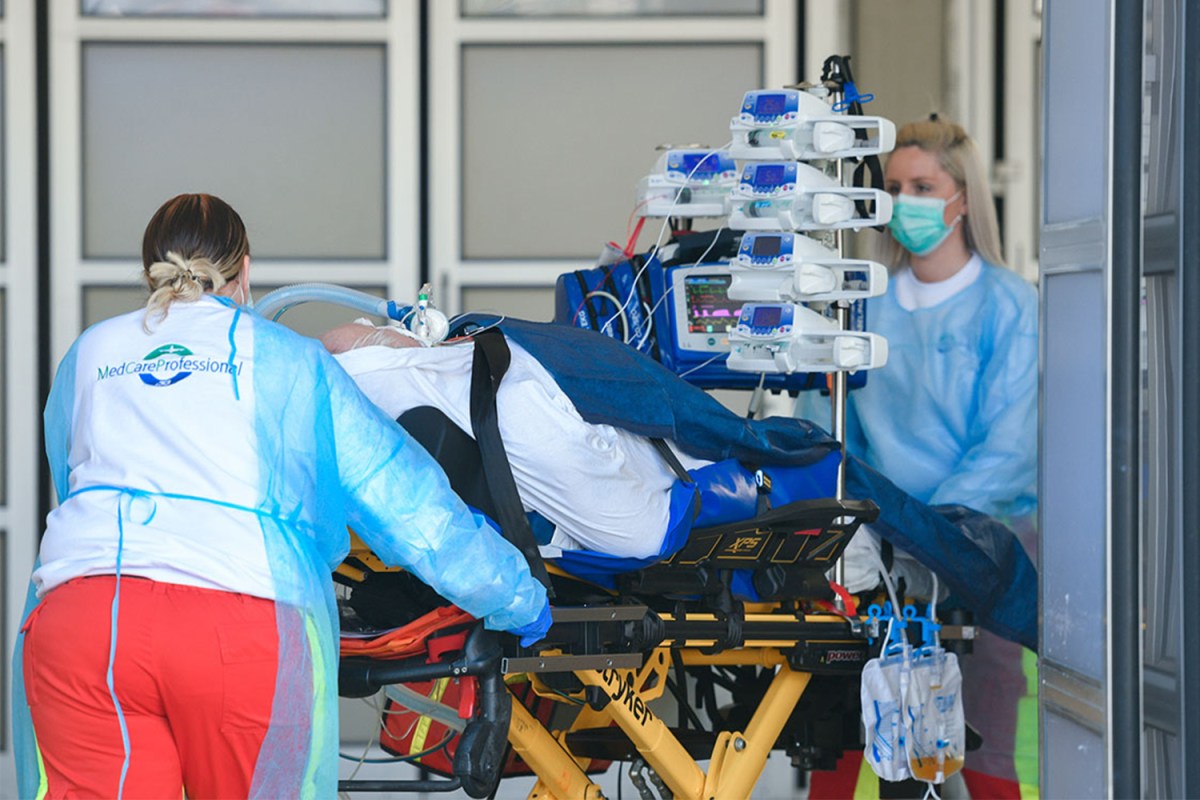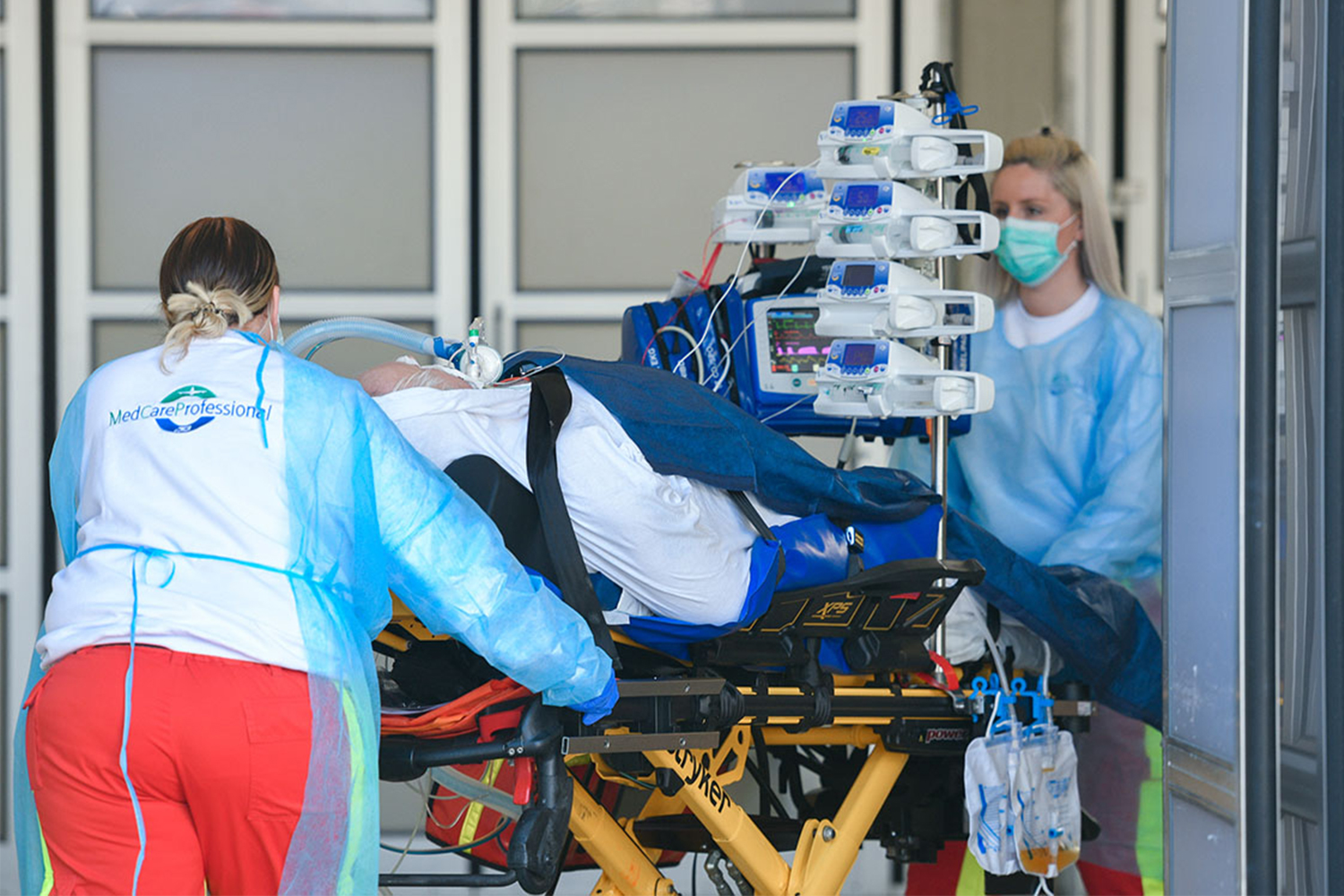We’ve known for months now that men are dying of coronavirus at higher rates than women, and a new study has found a clue as to why that is: women tend to produce better immune responses to the virus than men do.
The study — which was led by Dr. Akiko Iwasaki, an immunologist at Yale University — analyzed the immune responses in 17 men and 22 women who were hospitalized with COVID-19 shortly after they were infected. Researchers collected blood, nasopharyngeal swabs, urine and stool samples, and saliva from the patients for the study every three to seven days.
What they found is that the female patients produced faster and stronger immune responses to the virus — something that’s consistent with known data about women’s immune systems (which are believed to be stronger “perhaps because their bodies are rigged to fight pathogens that threaten unborn or newborn children,” as The New York Times puts it) as well as their tendency to develop autoimmune diseases at a higher rate than men.
Iwasaki’s study found that women produced more T cells, which kill virus-infected cells, than men, and men over 60 had an especially weak T-cell response to COVID-19.
“When they age, they lose their ability to stimulate T cells,” Iwasaki said. “If you look at the ones that really failed to make T cells, they were the ones who did worse with disease.” However, “women who are older — even very old, like 90 years old — these women are still making pretty good, decent immune response,” she added.
This information could help researchers figure out potential dosing for a COVID-19 vaccine when one becomes available.
“You could imagine scenarios where a single shot of a vaccine might be sufficient in young individuals or maybe young women, while older men might need to have three shots of vaccine,” Dr. Marcus Altfeld, an immunologist at the Heinrich Pette Institute and at the University Medical Center Hamburg-Eppendorf in Germany, told the Times.
Whether you’re looking to get into shape, or just get out of a funk, The Charge has got you covered. Sign up for our new wellness newsletter today.

















